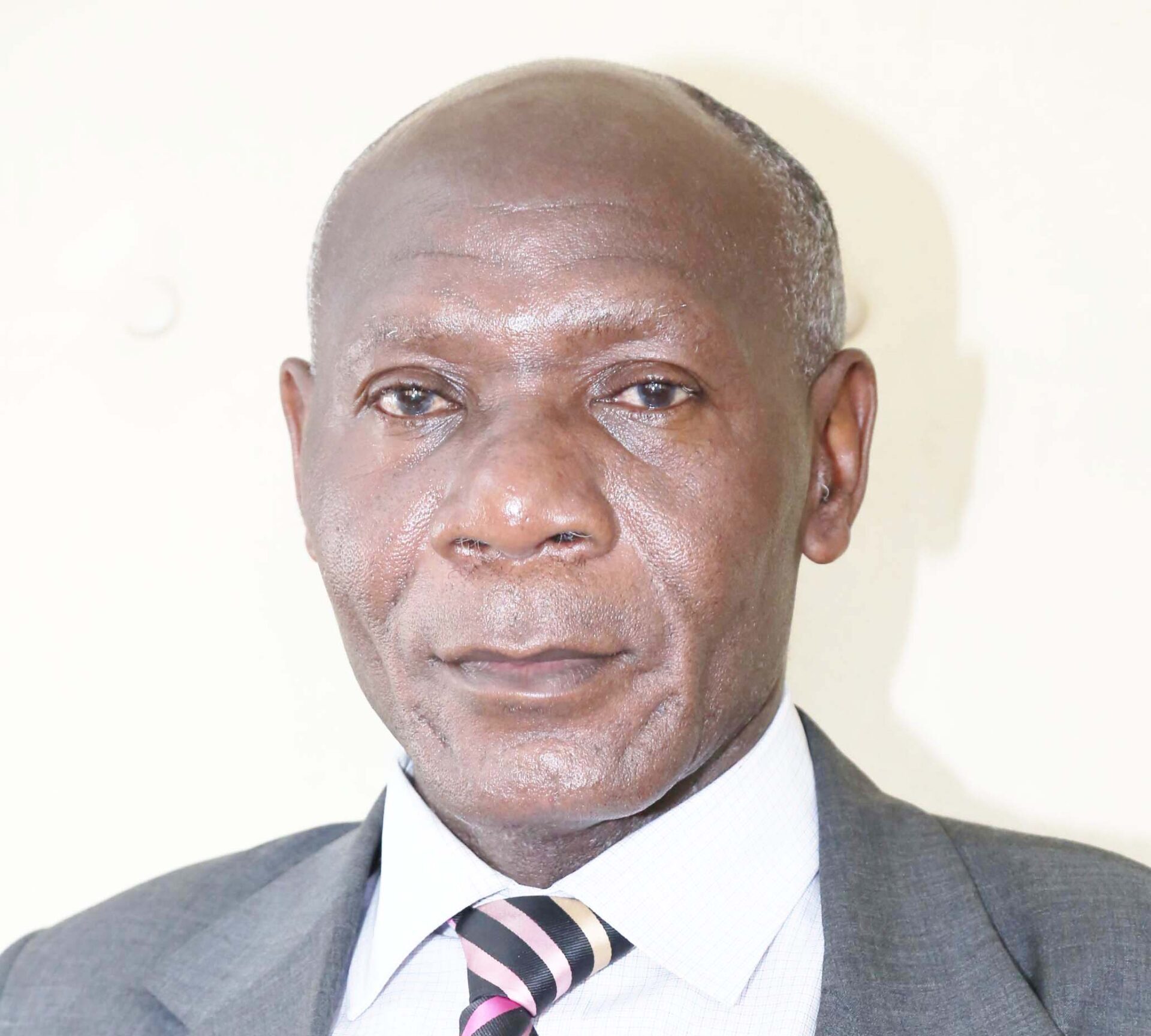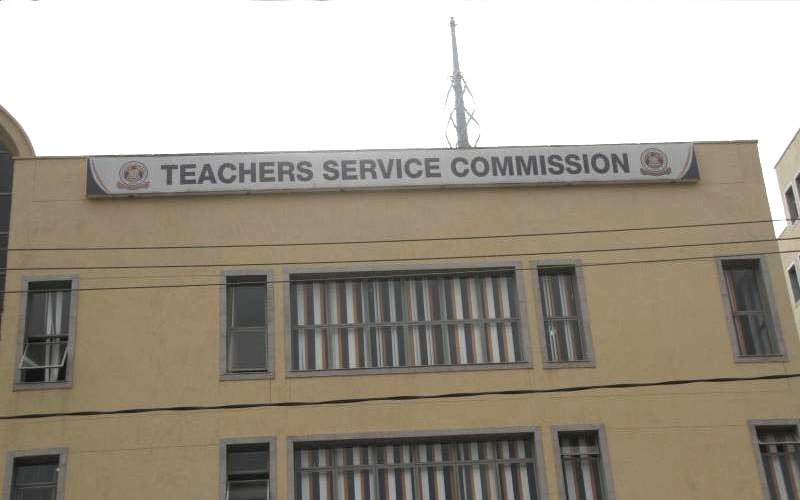According to the recommendations by Prof. Raphael Munavu’s team, KICD will review the Adult and Continuing Education (ACE), and Adult Teacher Education Curricula with a view to being in harmony with CBC, and provide accelerated curricula with equivalences and linkages to formal education.
Despite ACE being an important program that raises the country’s literacy level, promoting socio-economic development, and contributing positively to the learning of children from parents with high literacy levels; the team noted that ACE programmes are hampered by a lack of updated data, infrastructure, human and physical resources, and inadequate instructors.
It also noted that there is a need to explore various approaches that will allow the integration of functional literacy in parental education, given the sub-sectors role of parental engagement and empowerment in the CBC.
On Special Needs Education (SNE), the task force recommended that the Ministry of Education reviews policies and guidelines on Special Needs Education with a view to establishing strategies for centralized production, repair, maintenance, and distribution of Specialized Learning Resources, Assistive Devices and Adapted Technologies.
To also deploy adequate and trained auxiliary staff, including braille transcribers, Sign Language Interpreters, Learning Support Assistants and Physiotherapists to institutions of learning; establish a National Framework for the Assessment, referral and placement of Learners with Special Needs and Disabilities; and further adapt both curriculum and Curriculum-based Assessment to meet the needs of learners with Special Needs and Disabilities.
It also recommended that the Ministry should enhance accelerated education programmes for marginalized learners and learners in APBET institutions.
The team noted that learners with Special Needs have continued to perform dismally in National Examination.
Some of the causes of challenges experienced are; the language of instruction and language of assessment differences, lack of appropriate learning resources to suit learners, limited vocabulary due to limited incidental learning, inadequate skills in Signed Exact English (SEE) and KSL leading to the use of Sign Language Interpreters who are not teachers, and this leads to distortion of information.
The team noted that implementing programs that address equitable access and inclusion in education for the SNE, marginalized, and ACE requires well-structured, demand-driven and well-coordinated strategies to promote these groups’ foundational skills, self-efficacy, values and positive behaviour that are likely to trickle down to the younger generation.
By Our Reporter
Get more stories from our website: Education News
To write to us or offer feedback, you can reach us through: editor@educationnews.co.ke
You can also follow our social media pages on Twitter: Education News KE and Facebook: Education News Newspaper For timely updates.






